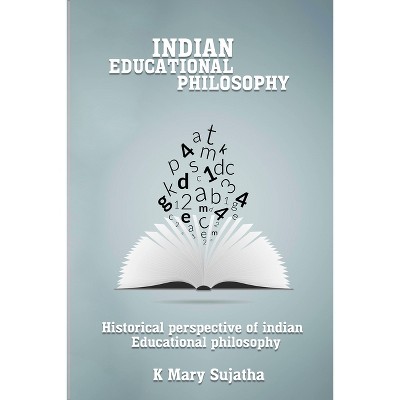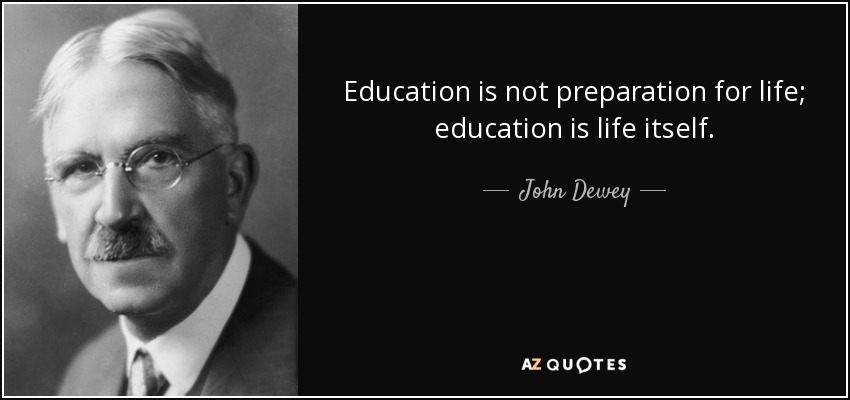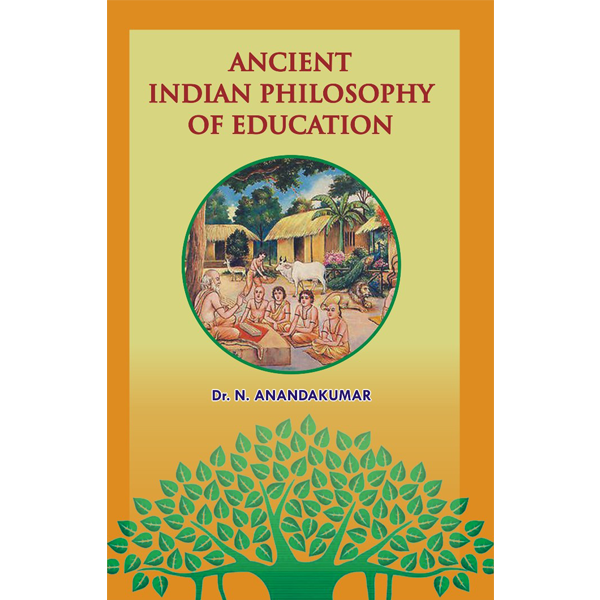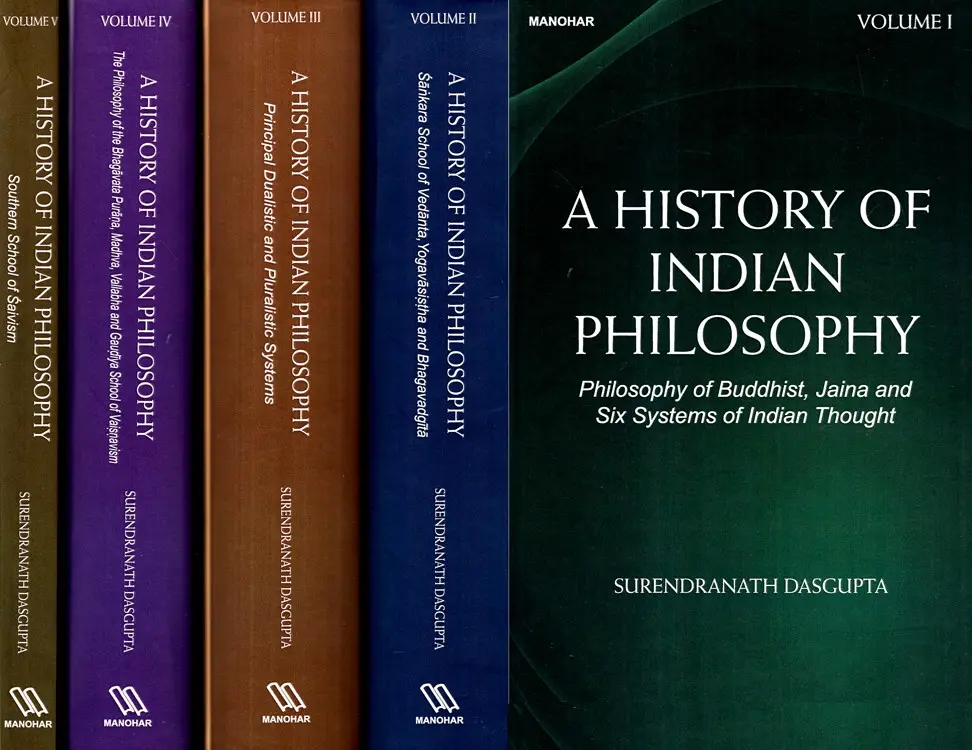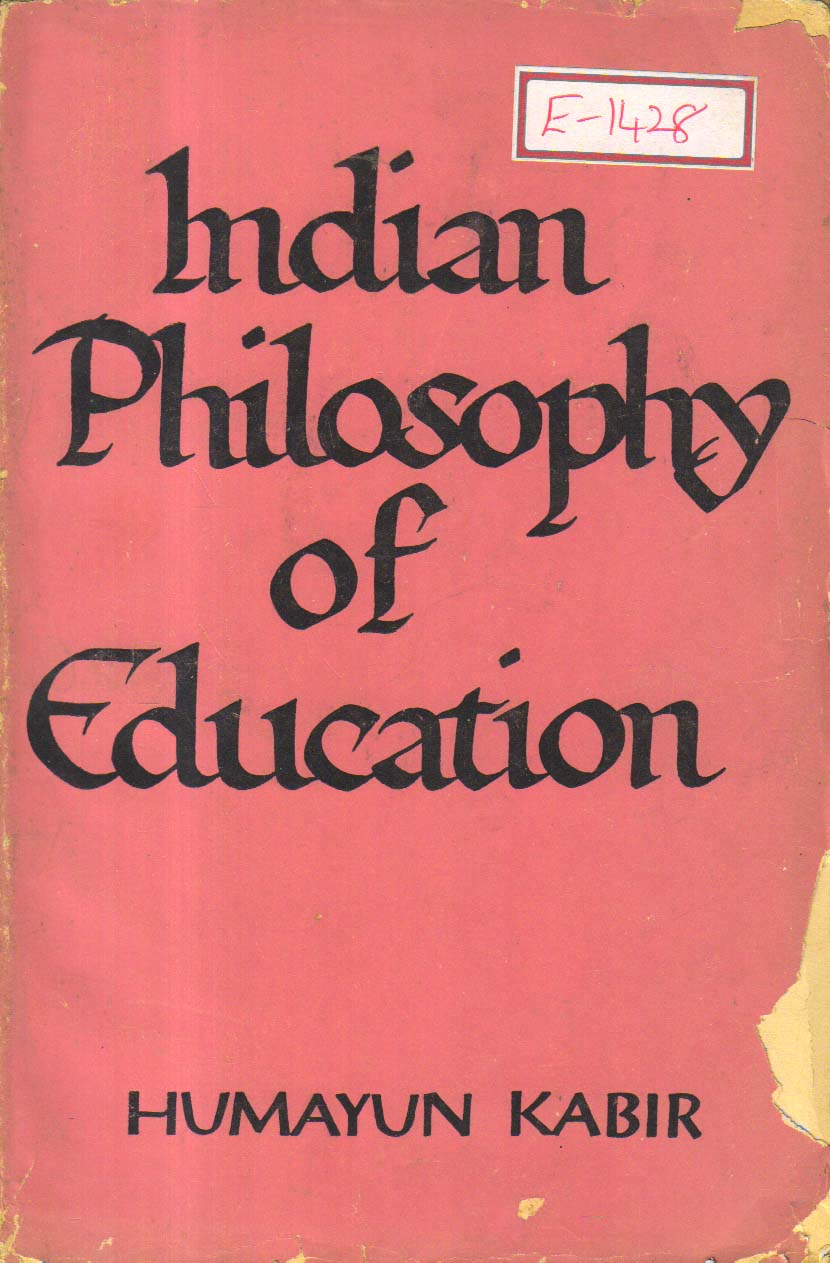Indian philosophers have contributed significantly to the field of education and have developed unique educational philosophies that have influenced the way education is approached in India and around the world. These philosophers have emphasized the importance of holistic and experiential learning, the role of the teacher in facilitating learning, and the cultivation of virtue and character in students.
One of the most well-known Indian educational philosophers is Swami Vivekananda, who was a key figure in the Hindu revival movement in the late 19th and early 20th centuries. Vivekananda believed that education should be holistic, encompassing not only the intellectual and academic development of students, but also their physical, moral, and spiritual growth. He argued that education should be geared towards the development of the whole person, rather than just the acquisition of knowledge.
Vivekananda also believed that education should be experiential, rather than merely theoretical. He argued that students should be encouraged to learn through direct experience and experimentation, rather than simply being told what to think. He believed that this approach would enable students to develop critical thinking skills and a sense of independence, which would enable them to adapt to the changing demands of society.
Another influential Indian educational philosopher was Mahatma Gandhi, who is known for his philosophy of non-violent resistance and his role in the Indian independence movement. Gandhi believed that education should be geared towards the development of character and virtue in students. He argued that education should be focused on helping students become responsible and compassionate citizens who are committed to serving the greater good.
Gandhi also believed that the role of the teacher was crucial in facilitating learning. He argued that teachers should be seen as mentors and guides, rather than simply disseminators of knowledge. He believed that teachers should strive to create a positive learning environment that is conducive to the development of students' intellectual and personal growth.
In conclusion, the educational philosophies of Indian philosophers such as Swami Vivekananda and Mahatma Gandhi have had a significant influence on the way education is approached in India and around the world. These philosophers emphasized the importance of holistic and experiential learning, the role of the teacher in facilitating learning, and the cultivation of virtue and character in students. Their ideas continue to be relevant and influential today, and have contributed to the development of a more holistic and humanistic approach to education.

